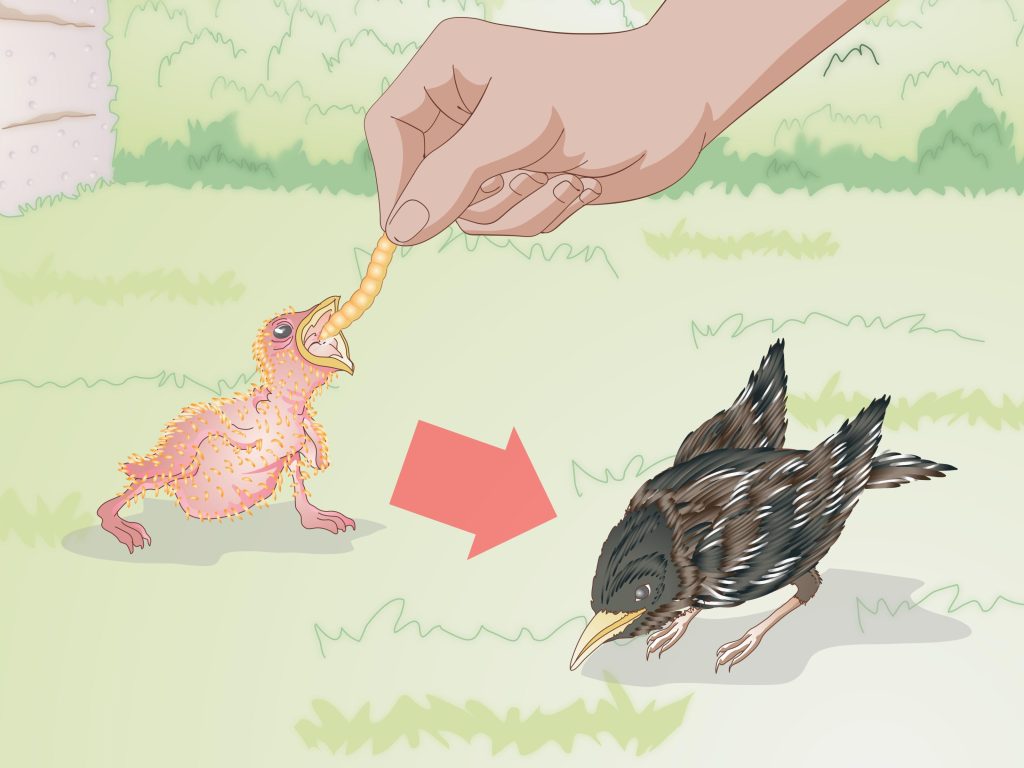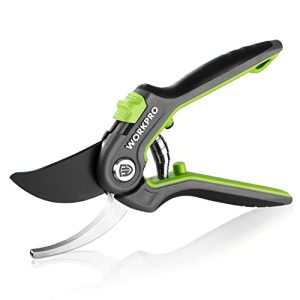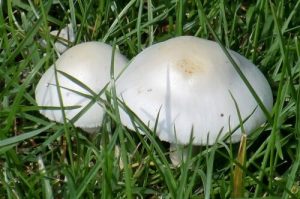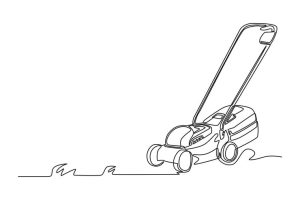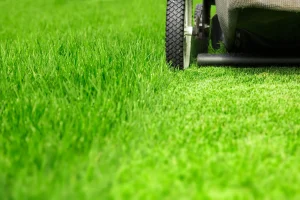Ever stumbled upon a nest of chirping baby birds and wondered what they need to thrive? Your heart might skip a beat as you realize the responsibility of ensuring their survival.
Feeding wild baby birds can be a delicate task, and knowing exactly what they need is crucial. Imagine the satisfaction of seeing them grow strong under your care. This guide will reveal the secrets of nourishing these tiny creatures safely and effectively.
Dive in, and discover how you can make a difference in the lives of these fragile feathered friends. Your newfound knowledge could be the lifeline they desperately need.
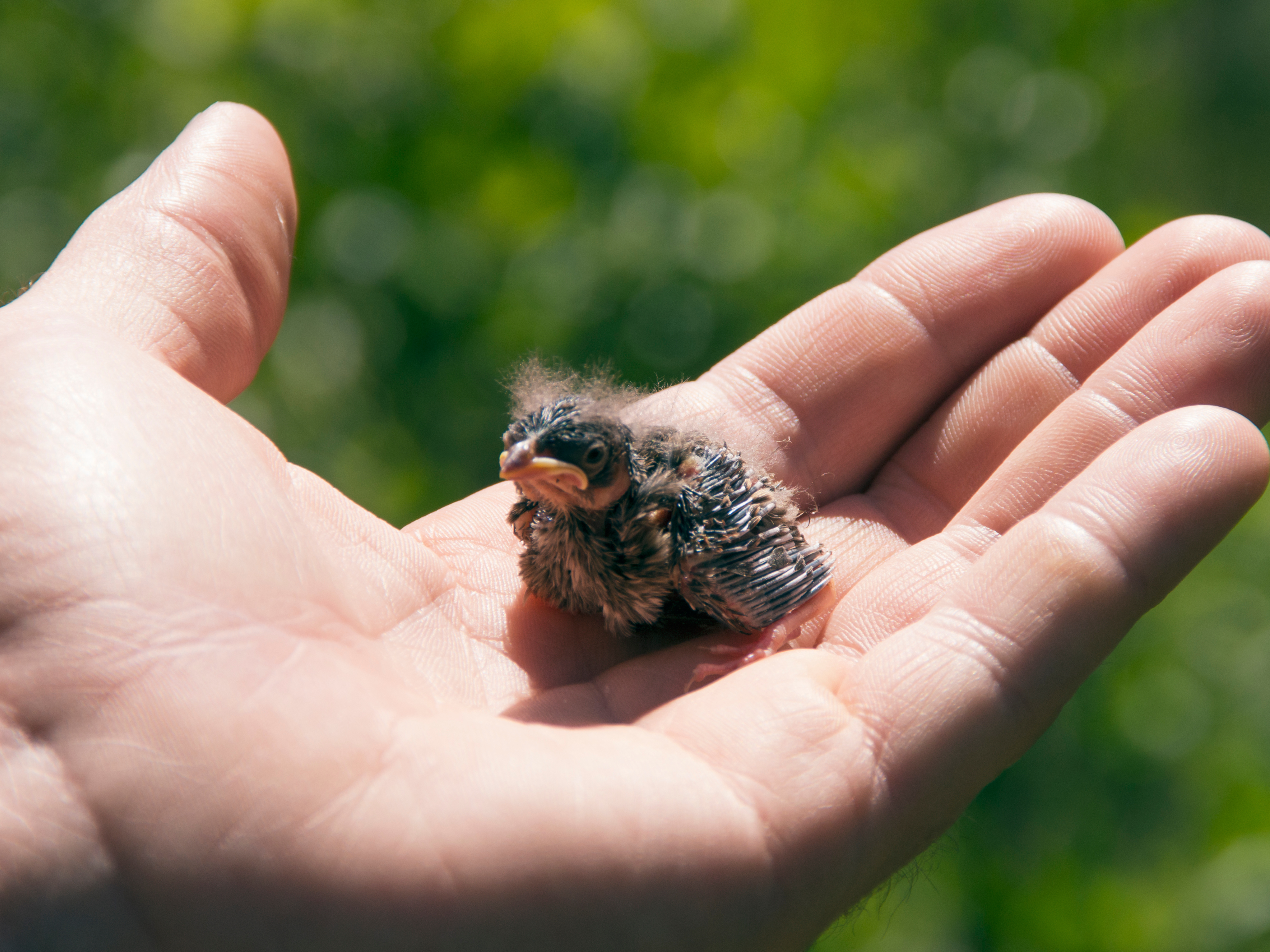
Common Wild Baby Birds
Feeding wild baby birds requires care and knowledge. Fresh insects, like mealworms, provide essential protein. Offer small, soft fruits for vitamins.
Feeding wild baby birds is a delicate task, especially when it comes to the common species you might encounter. Whether you stumble upon a nest fallen from a tree or a fledgling in your backyard, knowing what to feed them can make all the difference in their survival. The key lies in identifying the bird species and understanding their dietary needs. Let’s dive into how you can help these little creatures thrive.Identifying Bird Species
The first step in caring for wild baby birds is identifying their species. You might wonder why this matters. Well, different species have different dietary requirements. A sparrow won’t eat the same food as a baby robin. Use simple markers to identify them. Look at the size, feather patterns, and beak shape. Apps and online resources can assist in pinpointing the exact species. You’ll become a bird detective in no time!Understanding Dietary Needs
Once you’ve identified the species, it’s time to figure out their dietary needs. Baby birds are like toddlers—they need specific nutrients to grow strong and healthy. Research what foods are suitable for the bird species you’ve identified. Most birds require protein-rich diets, often mimicking what their parents would bring them. Insects, seeds, and small fruits are common choices. But be cautious. Not all foods are safe. Avoid feeding bread or milk, as they can harm young birds. You wouldn’t want to give them something that does more harm than good, right? In one instance, I found a baby sparrow in my garden. After identifying it, I learned that a mix of moistened bird seed and mealworms was ideal. Seeing it thrive was rewarding and a testament to the power of proper nourishment. So, next time you find a baby bird, remember this advice. Could your small act of kindness be the difference between life and death for these little creatures?Nutritional Requirements
Wild baby birds need a special diet for growth. Feed them soft foods like soaked dog biscuits or specialized bird formula. Avoid giving seeds or grains as young birds can’t digest them properly.
Feeding wild baby birds can be a rewarding experience, but it’s crucial to understand their nutritional requirements. These tiny creatures have specific dietary needs that help them grow strong and healthy. Without the right nutrients, they may struggle to survive in their early stages of life. So, what exactly should you be feeding them? Let’s dive into the essentials that will keep these young birds thriving.Protein Needs
Protein is vital for baby birds, as it supports their rapid growth and development. Young birds need a diet rich in proteins to build muscles and feathers. Consider what types of food can provide this essential nutrient. Insects like mealworms and crickets are excellent sources of protein. Have you ever watched a young bird eagerly gobbling up a worm? That’s because insects are a natural part of their diet. Always ensure these are fresh and free from pesticides.Vitamins And Minerals
Vitamins and minerals play a critical role in a baby bird’s health. They help in bone development and boost the immune system. Leafy greens like spinach and kale can be finely chopped and offered to provide these nutrients. Use this opportunity to introduce variety in their diet. A sprinkle of crushed eggshells can add calcium, which is vital for growing bones. Have you ever thought about the connection between diet and a bird’s ability to fly? Strong bones are essential for those first flights. Remember, each species may have different dietary needs. Observing what adult birds feed their young can offer clues. What do you think would happen if a bird lacks these nutrients? It’s a question worth pondering as you nurture these delicate creatures.Suitable Food Options
Feeding wild baby birds is a delicate task. Choosing suitable food options is essential. They need nutrition for growth and strength. Baby birds have specific dietary needs. The right food can help them thrive. Let’s explore some suitable options.
Insects And Worms
Insects are rich in protein. This makes them perfect for baby birds. Worms provide essential nutrients. They are easy to digest. Mealworms and earthworms are good choices. Crickets can also be included. These foods mimic their natural diet.
Fruits And Berries
Fruits offer vitamins and hydration. They are soft and easy to eat. Berries are a favorite among baby birds. Small pieces of apple or banana work well. Blueberries and raspberries are nutritious. Ensure the fruits are ripe and fresh.
Seeds And Grains
Seeds provide energy and fats. They are vital for growing birds. Sunflower seeds are a great option. Millet and oats can be added. Ensure seeds are small and manageable. Grains should be softened if possible.
Homemade Bird Food
Feeding wild baby birds can be rewarding. Homemade bird food offers a nutritious and convenient option for their growth. It’s important to ensure the food is safe and easy to prepare. Understanding the right ingredients will help nurture these delicate creatures. Let’s explore how to make homemade bird food suitable for baby birds.
Safe Ingredients
Choosing safe ingredients is crucial. Fresh fruits provide vitamins and minerals. Apples and berries are good choices. Grains like oats and rice supply carbohydrates. Cooked eggs offer protein, vital for growth. Avoid salt and spices. They can harm young birds. Fresh water is essential for hydration. Ensure all ingredients are clean and fresh.
Easy Recipes
Simple recipes make feeding easy. Mash ripe bananas with oats. This creates a soft mixture. Add cooked rice for texture. Mix in finely chopped apples for sweetness. Stir well for consistency. Another option is scrambled eggs. Cook and let them cool. Mix with small berry pieces. Serve in small portions. These recipes are quick to prepare. They provide balanced nutrition.
Feeding Techniques
Feeding wild baby birds requires patience and care. Different techniques ensure they receive proper nutrition. Knowing how to feed them can make a big difference in their growth. Proper feeding aids their development and survival. Learn these techniques to help wild baby birds thrive.
Using Dropper Or Syringe
Droppers and syringes are useful for feeding baby birds. They allow precise control over the amount of food given. This ensures the baby bird receives enough nutrition without overfeeding. Use a small dropper or syringe to deliver the food gently. Avoid touching the bird’s mouth with the tool. This minimizes stress and discomfort for the bird. Ensure the food is liquid enough to pass easily through the dropper or syringe. Thicker food might cause choking.
Frequency Of Feeding
Feeding frequency is crucial for baby birds. Young birds require frequent meals due to their rapid growth. Feed them every 30 minutes to an hour during daylight. As they grow, the frequency can decrease. Monitor their behavior to adjust feeding schedules. If they seem sluggish, they might need more frequent feedings. A consistent schedule helps them develop a routine. Avoid feeding at night when they should be resting.

Signs Of Malnutrition
Feeding wild baby birds requires careful attention to their health. Malnutrition can cause serious issues for young birds. Knowing the signs can help you act quickly. Early detection is vital for their survival.
Physical Indicators
Physical signs of malnutrition are often visible. One clear sign is dull feathers. Healthy feathers should be shiny and smooth. Brittle feathers can indicate a lack of nutrients. Another sign is poor growth. If a bird seems smaller than others of the same age, it might be malnourished. Swollen or sunken eyes can also be a warning sign. These physical indicators should not be ignored.
Behavioral Changes
Behavioral changes can also signal malnutrition. Lethargy is a common sign. A healthy bird should be active and alert. If it sleeps more than usual, there might be a problem. Excessive chirping or crying can also indicate hunger or distress. Birds struggling to perch or maintain balance may be weak due to lack of food. Observing these behaviors can help identify nutritional issues early.
When To Seek Help
Recognizing the need for expert guidance is crucial when feeding wild baby birds. Mistakes can harm their health. Always seek advice if unsure about their specific dietary needs to ensure proper care and nourishment.
Feeding wild baby birds can be a rewarding experience, but it’s not always straightforward. Sometimes, despite your best efforts, you may need help. Recognizing when to reach out for expert advice can make all the difference. Maybe the bird isn’t eating or seems injured. Or perhaps it doesn’t look like it’s thriving. In such cases, knowing when to seek help is crucial for the bird’s survival.Contacting Wildlife Experts
Wildlife experts have the knowledge and experience to handle delicate situations. They can guide you on the best steps to take for a baby bird’s care. You might be wondering how to find these experts. Start with your local animal control or wildlife rescue organizations. They often have contact information for specialists. Many experts also offer free advice over the phone, so don’t hesitate to reach out.Finding Local Rehabilitation Centers
Local rehabilitation centers are equipped to take care of wild baby birds. These centers have the right environment and resources to nurture them back to health. To find one near you, a quick internet search can be a good starting point. Look for centers that specialize in birds or have a strong reputation in wildlife rehabilitation. Some centers even offer educational programs. These programs can teach you more about local wildlife and how to handle similar situations in the future. Wouldn’t it be great to learn more about the creatures living right in your backyard? By reaching out to the right people and places, you’re giving the baby bird its best chance at survival.
Frequently Asked Questions
What Do I Feed A Baby Bird That Fell Out Of Its Nest?
Feed the baby bird with moistened dog or cat kibble. Avoid feeding it milk or bread. Ensure the food is soft and easy to swallow. Consult a wildlife rehabilitator for specific care guidelines.
How Do You Keep A Wild Baby Bird Alive?
Place the bird in a warm, quiet box with ventilation. Feed it a diet suitable for its species. Consult a wildlife rehabilitator for guidance. Keep handling to a minimum to reduce stress. Ensure fresh water is available.
What Food Can I Leave Out For Baby Birds?
Leave out soft, moist foods for baby birds. Offer soaked dog or cat kibble, cooked eggs, or mealworms. Avoid milk and bread. Always ensure food is fresh and at room temperature. Provide small pieces to prevent choking. Feeding should mimic a natural diet for best results.
Should You Feed Wild Baby Birds?
Feeding wild baby birds is not recommended. They need specialized diets and care from their parents. Contact a wildlife rehabilitator if you find an abandoned or injured baby bird for proper guidance. It’s crucial for their health and survival.
Conclusion
Feeding wild baby birds requires care and knowledge. Choose food that mimics their natural diet. Soft fruits and insects often work best. Avoid bread and milk; they harm birds. Observe nestlings carefully; they might need specialized food. Remember, some birds need frequent feeding.
Always ensure food is fresh and clean. Consult experts if unsure about feeding specifics. Proper diet supports healthy growth. Help them thrive in their natural habitat. Respect nature’s balance. Nurture them responsibly. Your effort makes a difference in their survival.
Keep learning. Keep caring.

